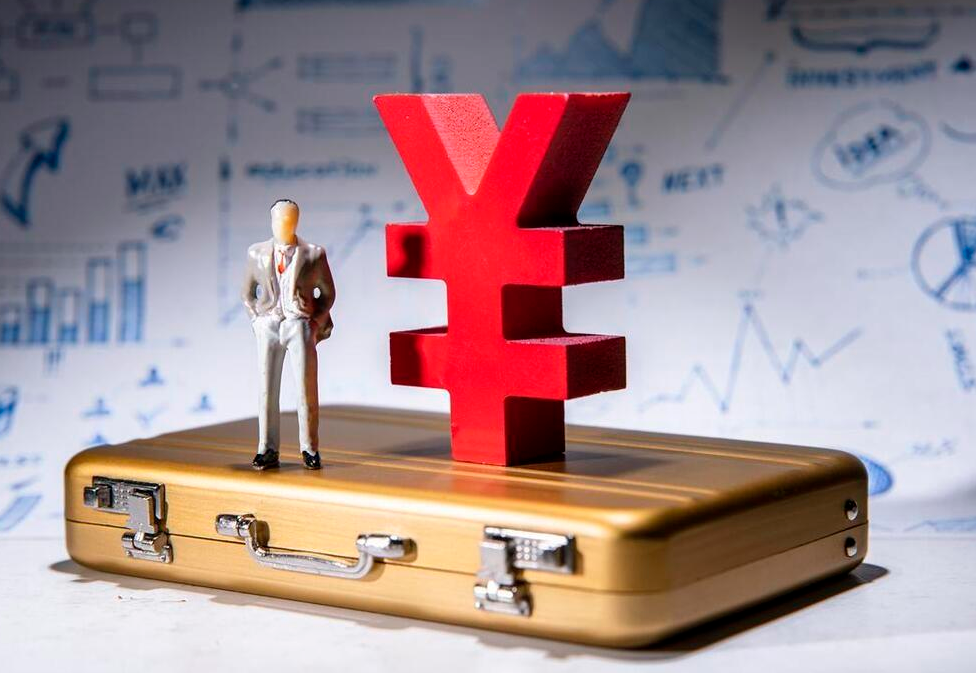The recent developments regarding Putailai's ambitious investment plans in Sweden have drawn significant attention, particularly as the company announced a halt to its planned establishment of a lithium-ion battery anode material production baseThe project, which was set to be a monumental effort valued at around 10 billion Swedish Krona (approximately 1.03 billion RMB), faced complications when it failed to receive the necessary approvals from the Strategic Products Inspectorate of SwedenThis regulatory body raised concerns about several aspects of the proposed project, including equity control, management structure, ownership of research outcomes, and oversight mechanisms.
In response to this unexpected turn of events, representatives from Putailai expressed their commitment to approaching international investments with a balanced attitude that combines assertiveness with respect
They emphasized a dedication to maintaining constructive relations and pursuing viable business strategies even in challenging regulatory landscapesAlthough the project’s disapproval is a setback, the company remains optimistic about continue exploring opportunities within the European new energy sector, undeterred by this initial difficulty.
Despite the setback, Putailai plans to keep communication lines open with Swedish authorities in hopes of exploring alternative avenues for the project's advancementThe company's commitment to monitoring global industrial and trade policies reflects a strategic approach to maintaining relevance and flexibility in international markets, especially in the dynamic field of renewable energy.
Putailai's original vision for the Swedish facility, approved by its board back in May 2023, was to lay down a robust infrastructure for the production of lithium-ion and sodium-ion anode materials, extending to the research and development of nanomaterials and carbon-based products
- Structured Deposits Surge Amid High Returns and Risks
- Honda-Nissan Merger: A Road to Consolidation
- Decoding Japan's Economy
- Fortotech Gears Up for Hong Kong IPO
- Fed Delivers 25 bps Rate Cut
The initiative aimed to not just cater to local demand but to also serve the burgeoning interests of their European clientele, who are intensively pursuing the development of their own lithium battery production capabilities amidst growing demand for electric vehicles (EVs) across the continent.
During the early stages of planning, Putailai had envisaged establishing Zichen Technology Sweden AB, intended to spearhead these large-scale production efforts in SundsvallWith projected capacities aimed at reaching 50,000 tons by 2025, eventually scaling to 100,000 tons, the project was designed to address a part of the significant market that necessitated an enhanced supply chain for EV batteriesGiven the increasing demand for EVs in Europe, particularly in countries like Norway and Germany, the establishment of such facilities could serve to fortify the supply chain while simultaneously driving down logistics costs and improving delivery times for local customers.
By employing a funding strategy that included approximately 30% self-funded capital and 70% sought through loans, Putailai had positioned itself strategically, leveraging its financial resources while also minimizing risks associated with foreign direct investment
Early arrangements had earmarked preliminary funds, amounting to roughly 14 million RMB, which were spent on feasibility studies and various preparatory activities, thus limiting their fiscal exposure as the project ultimately faced derailing.
Despite the unfavorable outcome of Sweden's regulatory process, analysts note that the ramifications on Putailai's broader financial health will likely remain manageableThe firm stresses that the project had not progressed far enough in its execution to cause substantial losses, yet the operational landscape in the lithium battery sector remains labyrinthineAs indicated in their recent financial reports, Putailai's revenue experiences from its core business of anode materials, which accounted for a substantial 43.48% of total revenues, have been under pressure in light of fluctuating market conditions.
The landscape for battery raw materials is becoming fiercer with ongoing global shifts and the rise in demand for electric vehicles; yet, a recent decline in anode material prices amidst overcapacity issues has resulted in an overall downturn in profitability for Putailai

The interim reports for 2024 outlined an alarming 15.81% decrease in revenue accompanied by a staggering 23.97% drop in net profit, signaling the pressing need for adaptable strategies in unpredictable markets.
Currently, most of Putailai’s production capabilities are concentrated domestically, boasting annual production capacities of 150,000 tons across its Jiangxi, Liyang, and Inner Mongolia plants, with further expansion in Sichuan anticipatedHowever, as keen observers note, they have not yet established a significant footprint internationally, with overseas assets representing a mere 0.22% of total assets, highlighting the necessity for strategic engagement in global sector initiatives.
The company's representatives affirm their unwavering intent to pursue overseas expansion despite the difficulties faced in Sweden, suggesting that potential alternatives remain viable
They are adamant about maintaining vigilance concerning global policies and expressing willingness to adapt their strategiesThey expressed their belief that a collaborative framework—marked by fairness and mutual benefits—is paramount, especially as international markets, exemplified by Europe, significantly rely on supply chains that include contributions from key players in China like Putailai.
Furthermore, the potential for entering new markets remains apparent, as other countries demonstrate readiness for investments supported by clear industrial agendasFuture engagements may explore partnerships or projects in regions where the regulatory environment may be more favorable, enabling Putailai to mitigate risks effectively while seeking to diversify its operational geographies.
Overall, the journey of Putailai encapsulates the complexities and challenges facing Chinese enterprises endeavoring to extend their reach into European and other international markets